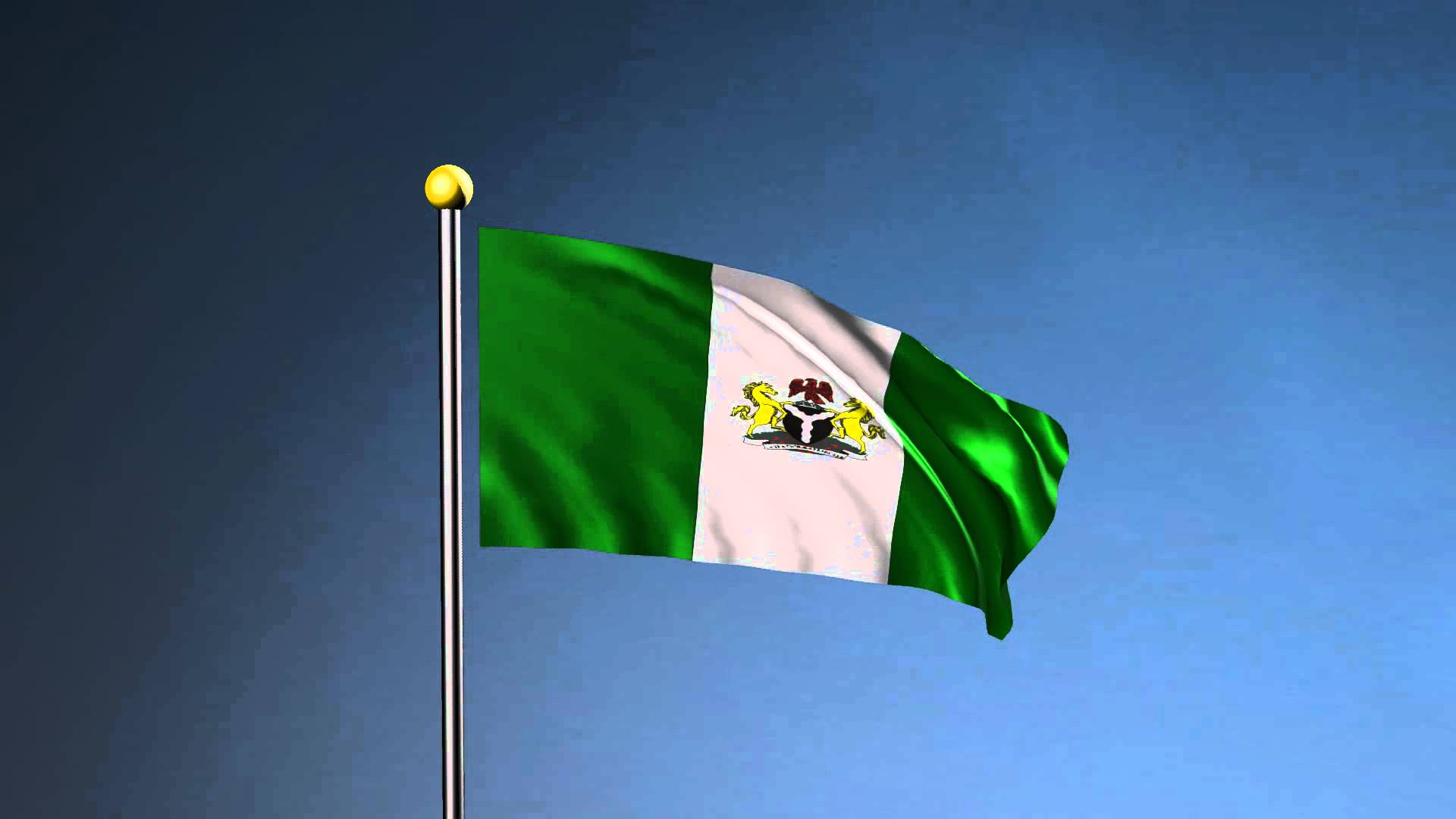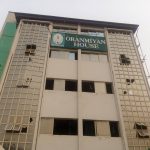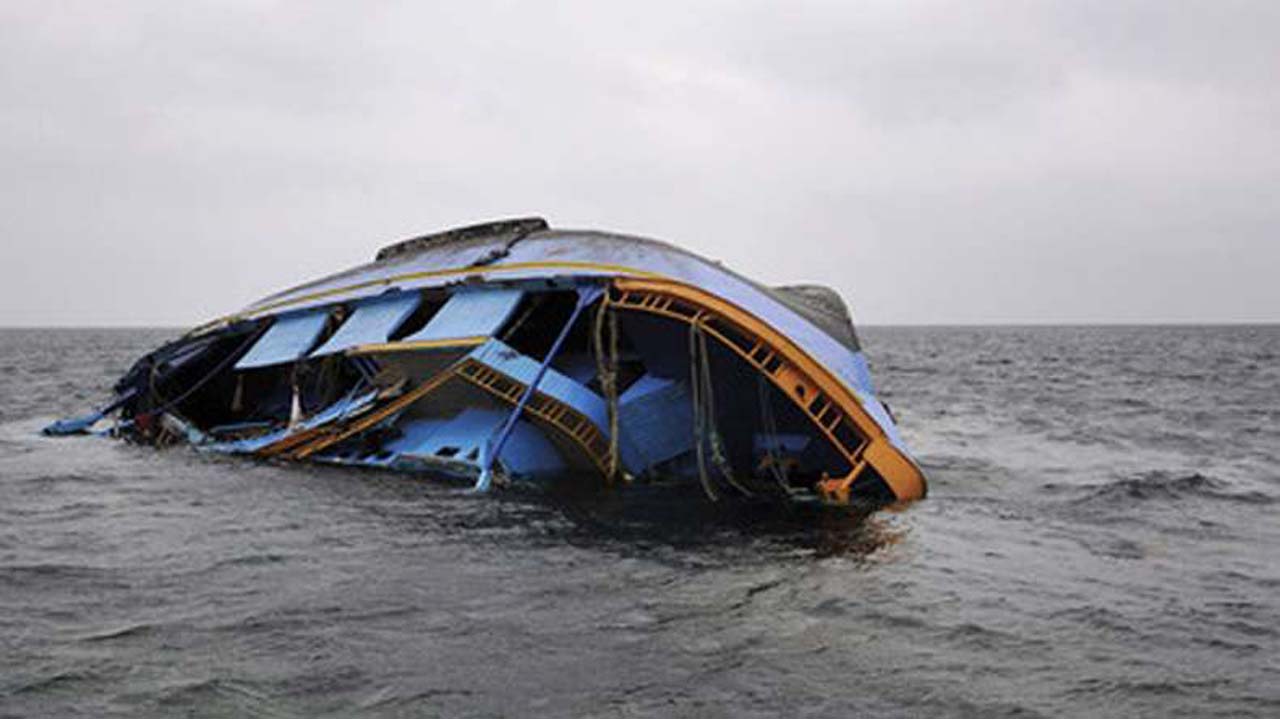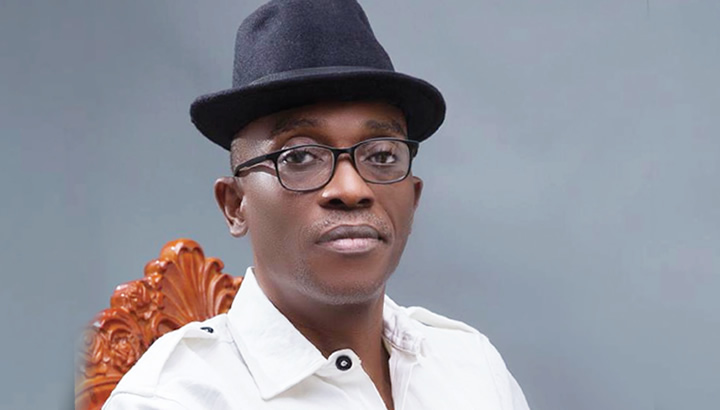Review & Outlook: Nigeria At Sixty One – Matters Arising


BY JAMES ASHIPA
HURRAY! Nigeria is 61 years old as a sovereign nation today, October 1st , 2021. The achievement of independence brought in a lot of rising expectation from Nigerians for rapid growth and development in every sector of our socio-economic and political life. After her independence, Nigeria became a Republic on October 1st 1963 and Nnamdi Azikiwe emerged as the country’s first and only Governor-General with Alhaji Tafawa Balewa as the Prime Minister and since then, Nigeria has experienced a period of self-rule with a mixture of both military and civilian administrations. The country has been ruled by sixteen leaders with Chief Olusegun Obasanjo and President Muhammadu Buhari each ruling twice as both military and civilian leaders.
However, our existential reality today is a far cry from the expectations of Nigerians as the mood of the people is now that of rising frustration due to contending centrifugal tendencies threatening the unity and survival of the country in the form of socio-economic and political challenges such as high youth unemployment, corruption, insecurity, food crisis, infrastructural decay, poverty etc. With her huge human capital, and natural and mineral resources, it is sad that Nigeria that is considered to be the giant of Africa, given her population size, is now regarded as the “poverty capital” of the world.
It is true that Nigeria is a middle-income country with an emerging market and a mixed economy with an expanding manufacturing, service, financial, ICT, and entertainment sectors, yet the country is still grappling with several economic problems ranging from high youth unemployment, poverty, food inflation as well as an unstable exchange rate with the dollar exchanging for over N580/$1 despite several CBN interventions. There must be a strong political will to transform Nigeria into a modern economy through diversification, tax reforms, infrastructural revolution and sound fiscal and monetary policies. In this global village, government at the sub-national and national levels must embark on aggressive transformational economic policies and programs for Nigeria not to remain the only villager!
With 2023 fast approaching, the political space is inundated with activities of both state and non-state actors without consideration for the plight of the proletariat whose standard of living has deteriorated over the years.
We are witnessing increase in the actions of non-state actors like IPOB enforcing a sit-at-home order in the southeast and recording some measure of success to compliance by citizens out of fear. In the South-West, the separatist group calling for a Yoruba Nation has transcended the national stage as it organized protests at the UN headquarters during the 76th UN General Assembly (UNGA 76). Also, a third force is just emerging for the sole purpose of jostling for power. On the part of state actors, the unconstitutional governors’ forum both in the north and south are heating the polity by playing intense power politics. The major political parties are not left out as they are busy going on with the permutations of where to zone the presidency to, whether north or south while our incorrigible politicians are defecting from one platform to the other. Unfortunately, the people who ought to be the subject matter are not in their permutations. Political parties should be encouraged to practice politics of ideas and inclusion. In addition, negotiation and dialogue should be used to address issues raised by those calling for the breakup of the country. Also, we should reduce the cost of governance and local governments made to work more for the people. With the recent ugly events in Mali, Guinea and Sudan, Nigeria has the unenviable task of preventing Africa from sliding off the democratic map by ensuring good governance across the continent. We must stop the ongoing political brinkmanship and embrace patriotic and nationalistic approaches to resolve the issue of political rotation as we advance towards 2023.
On the social front, Nigeria is not fairing any better as we have problems of corruption, insecurity, fallen educational and health infrastructure. To show the seriousness of the situation, Mr. President recently embarked on medical tourism to London when Resident Doctors are on strike over bad infrastructure and poor welfare while university lecturers are threatening to continue their suspended strike.
With regards to insecurity, banditry, kidnapping, terrorism are on the rise as secondary school students, especially in the North, are being kidnapped for ransom. Insecurity must be tackled by both kinetic and non-kinetic military actions and upgrading our educational, and health infrastructure so as to meaningfully engage our large youth population. The National Orientation Agency (NOA) has to be more visible and preach unity and togetherness among Nigerians and discourage ethnic and religious sentiments.
It is unfortunate that the situation of things in Nigeria today is so worrisome that most writers are of the view that the ONLY positive achievement since independence is that the country has managed to remain one, indivisible entity despite her numerous problems.
As we congratulate ourselves on the occasion of Nigeria’s 61st Independence Anniversary celebration, we hope that positive transformational steps will be taken to change the narrative from one of rising frustration to rising expectation when we mark another independence anniversary so as to place our dear country on the path of prosperity and development. Happy independence anniversary in advance, Nigeria!
Ashipa James Olashupo
Osogbo, Osun state
08056002757, 08129458475










